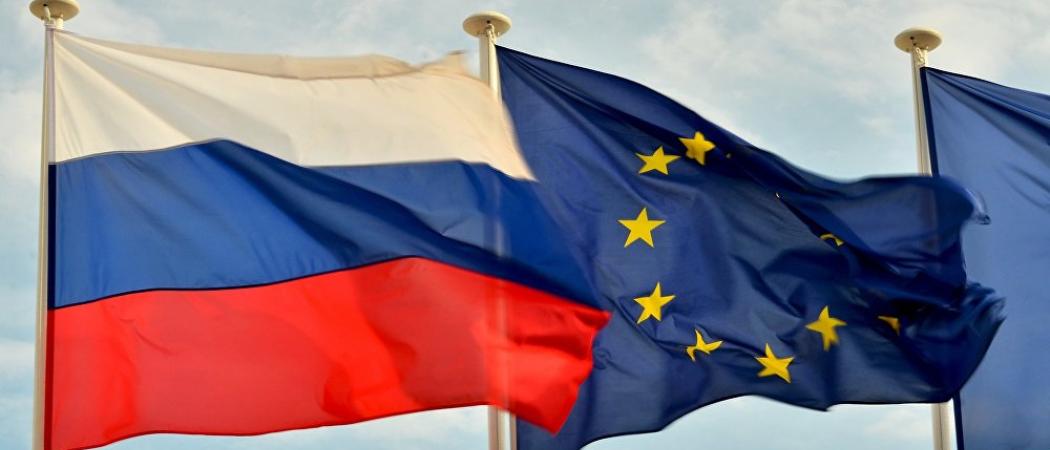Parliament backs a new five-year research agreement with Russia, in a display of science diplomacy described as ‘an island of positivity in an ocean of negative relations’

Photo: Pixabay
Five years after Russia’s military intervention in Ukraine sparked EU sanctions that have smothered science collaboration, Brussels is preparing to approve a new research agreement with its neighbour.
On Wednesday the European Parliament voted to renew the EU’s science and technology cooperation with Russia for a five-year period. EU governments are now expected to rubber-stamp the deal, despite a sharp and ongoing deterioration in relations with Russia.
EU-Russian science cooperation has fallen “far below its potential” in recent years, the text of the agreement says.
In part, this is explained by a change of EU funding rules in 2014, which means countries including Russia, Brazil, India, China and Mexico are no longer eligible for automatic research funding from Brussels.
But “political circumstances” have also hampered collaboration, the Commission says. Following Russia’s military intervention in Ukraine and annexation of Crimea in 2014, the EU responded with economic sanctions. These included banning the export of dual-use and sensitive technology, and deterring investments in areas such as offshore oil and gas exploration. In addition, research organisations in Crimea were banned from participating in EU R&D projects.
Five years on, mutual suspicion continues to grow. Ahead of European elections in May, Brussels has launched a “war against disinformation” that it says is being spread by the Kremlin. Russian president, Vladimir Putin, stands accused in Brussels of spending more than £1 billion a year to “spread lies” as part of a military strategy to cause division in the EU. Putin and his government have repeatedly denied claims that it has sought to interfere in foreign elections.
Yet even against this grim backdrop, officials from both sides see room to improve cooperation in research.
The science relationship remains “one of the few islands of positive cooperation in an ocean of negative relations,” an EU official said.
EU officials are positive about Russian efforts in the past few years to improve entry conditions for foreign researchers, although there are still issues with registering foreign offices in Russia and getting visas for researchers from abroad visiting for more than three months in the year.
The first science cooperation agreement between the EU and Russia was signed in Brussels in 2000. Since then, the agreement has been renewed three times in 2004, 2009 and, despite the poor state of relations at the time, in 2014.
Geopolitics have not obviously affected Russian participation in EU labs. Russian scientists are found in all the major research centres, including the European Organisation for Nuclear Research in Switzerland, the European Synchrotron Radiation Facility in France and X-ray Free Electron Laser in Germany. Russia is also co-financing the construction of both the International Thermonuclear Experimental Reactor in France and the Facility for Antiproton and Ion Research in Germany.
Despite a feeling in Russia that science has languished under Putin, the country still ranks somewhere between Italy and the UK for research investment, and is placed just after the US and China as the EU’s most active international research partner. Putin’s government has gradually increased public spending on science over the past decade, to around 1 per cent of gross domestic product annually.
Russians are involved in 81 research grants under the EU’s current research programme, Horizon 2020, with the government putting up €16 million to cover this participation.
However, Russia’s involvement in EU science projects today is smaller than in the previous EU funding period of 2007-2014. EU sanctions and concern over cooperation in technologically sensitive areas “may have led some scientists to think that Russian partners in Horizon 2020 projects would not be welcome”, a Commission note says.
In a bid to repair some of the damage done to the EU-Russian science relationship, the EU is putting aside more funding to increase cooperation on topics of mutual interest in the remaining two and a half years of Horizon 2020. For instance, the EU and the Russian Ministry of Science and Higher Education have recently devised a series of joint projects in infectious diseases and aeronautics.




 A unique international forum for public research organisations and companies to connect their external engagement with strategic interests around their R&D system.
A unique international forum for public research organisations and companies to connect their external engagement with strategic interests around their R&D system.